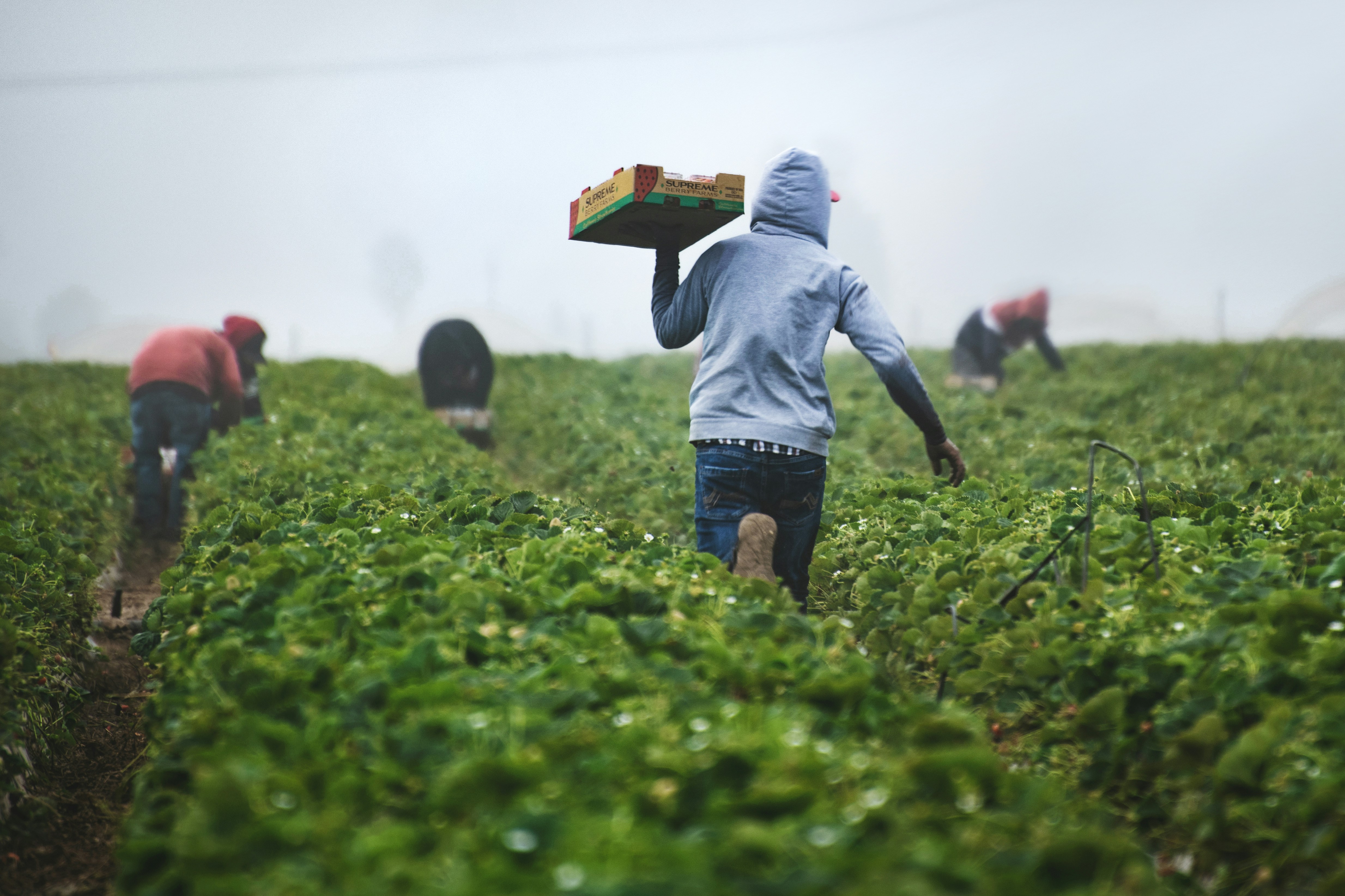Key Stakeholders In De-Risking Green Tech For US Farming

The adoption of green agricultural technologies is crucial for the future of sustainable farming in the United States. These technologies promise to reduce environmental impacts, improve efficiency, and enhance the resilience of agricultural systems. However, the path to widespread adoption is fraught with risks and challenges. De-risking these technologies is essential to encourage innovation and adoption. This article explores the key stakeholders involved in this process and their respective roles in supporting the development and deployment of green agricultural technologies.
Government Agencies
Government agencies at both federal and state levels play a pivotal role in supporting green tech in agriculture. These agencies are responsible for creating policy frameworks and regulatory environments that facilitate innovation. For instance, the USDA (United States Department of Agriculture) has various programs dedicated to sustainable agriculture, providing grants and funding for research and development. Similarly, the EPA (Environmental Protection Agency) supports environmental technologies through regulations and incentives aimed at reducing agricultural pollution. These initiatives help create a supportive landscape for green tech, ensuring that new technologies can be developed and implemented effectively.
Private Investors
Private capital is crucial for advancing green agricultural technologies. Venture capital and private equity investments provide the necessary funding for startups and established companies to innovate and scale their solutions. Corporate investments and strategic partnerships also play a significant role in bringing new technologies to market. Investors manage risks through due diligence and impact assessments, ensuring that their investments are both financially viable and environmentally beneficial. Collaborative investment models and public-private partnerships further help mitigate risks, enabling more substantial investments in sustainable agricultural technologies.
Agricultural Technology Companies
Agtech startups and established companies are at the forefront of developing and commercializing green technologies. These companies innovate solutions that improve sustainability and efficiency in farming. However, they face significant challenges, including funding limitations and scalability issues. Regulatory compliance and gaining market acceptance also pose hurdles. By working closely with investors, government agencies, and other stakeholders, these companies can navigate these challenges and bring their innovations to the market, driving the adoption of green technologies in agriculture.
Farmers and Agricultural Cooperatives
Farmers are the primary users and beneficiaries of green agricultural technologies. Their adoption of these technologies is critical for widespread implementation. Incentive programs, training, and education are essential to help farmers understand and utilize new technologies effectively. Agricultural cooperatives play a vital role in facilitating technology adoption by providing collective bargaining power and pooling resources. These cooperatives can offer access to green technologies and financial support, making it easier for individual farmers to invest in sustainable practices.
Research Institutions and Universities
Academic research institutions and universities contribute significantly to the development of green technologies. They conduct basic and applied research that lays the groundwork for new innovations in sustainable agriculture. Collaboration with industry and government agencies ensures that research findings are translated into practical solutions. Successful research projects often lead to technology transfer from academia to industry, where innovations can be commercialized and brought to market. Case studies of university-led innovations demonstrate the impactful contributions of academic research to sustainable farming.
Non-Governmental Organizations (NGOs) and Advocacy Groups
NGOs and advocacy groups play an essential role in promoting green agricultural technologies. They advocate for policy changes and increased funding, raising awareness about the benefits of sustainable practices. These organizations also lobby for supportive legislation and subsidies that encourage the adoption of green technologies. Additionally, they provide grants, training programs, and resources to support farmers and technology developers. Partnerships with other stakeholders help amplify their efforts, driving the adoption and implementation of green agricultural technologies.
Conclusion
De-risking green agricultural technologies requires the collaborative efforts of various stakeholders. Government agencies, private investors, agricultural technology companies, farmers, research institutions, NGOs, and advocacy groups all have crucial roles to play. By working together, these stakeholders can create a supportive environment that fosters innovation and adoption of sustainable farming practices. The path forward involves balancing innovation with risk management, ensuring that green technologies can thrive and transform the future of agriculture in the United States.
Author: Ricardo Goulart
Copper's Comeback: Inside BHP And Lundin's Argentine Asset Acquisition
Copper, often dubbed "the metal of electrification," is experiencing a resurgence in demand due to its critical role in ... Read more
Revitalizing Commodities: How Clean Energy Is Breathing New Life Into A Stagnant Market
The commodities market, traditionally a cornerstone of investment portfolios, has experienced a decade of stagnation. Ho... Read more
European Airports Disrupted By Escalating Climate Protests
Climate activists have escalated their protests at European airports, blocking runways and causing flight disruptions in... Read more
Hungary's Russian Oil Dilemma: Why Brussels Is Cautious In Offering Support
Hungary's reliance on Russian oil has led it to seek support from Brussels to ensure continued access to this crucial en... Read more
Unveiling China's Secret Commodity Stockpiles: What Lies Ahead?
Xi Jinping's extensive reserves of grain, natural gas, and oil hint at future challenges.In a move shrouded in secrecy, ... Read more
Copper Miners Brace For Industry Overhaul As End Users Seek Direct Deals
The copper mining industry is bracing for a significant overhaul as end users, including cable manufacturers and car com... Read more

